
My granddaughter Barr’s masa trip to Poland with her 12th grade class to learn firsthand about the Holocaust was postponed because of the current war and then outright canceled. I had been a proponent of these trips Israeli students traditionally take in 11th or 12th grade after extensive Holocaust seminars. But now, I can only say, “Who needs them?”
No, I’m not comparing this war against Hamas-ISIS to the Holocaust, as some people are. Just the message. The trips to Poland with visits to concentration camps were intended to instill the “Never Again” concept in young people, to show what happens if we don’t have a strong Jewish country. Now all they have to do is look around them to get that message.
“Looking at videos of what happened in the kibbutzim is like watching films of the Shoah, but in color,” Barr said. “Instead of going to Poland, we should spend a week helping in the South.” Israeli youth have shifted their focus.
“I’m 17 and go to school and drive a car, but what about the kidnapped children? Their childhood was gone in an instant. And those slaughtered? It leaves a hole in me. I have to read about them and watch the videos. It’s an obligation. They went through it, and we must identify with them and watch.”
They needed more than watching TV, though. They needed to be active. To contribute spiritually and through their actions.
Barr and her friends, secular/traditional Israelis, now read Tehillim and they participated in a Zoom Hafrashat Challah (Separation of the Challah) ceremony.
“We prepared the dough in different homes and then shared the ceremony on Zoom to support all the soldiers and the kidnapped civilians in Gaza,” Barr told me. “It was very meaningful and moving especially since so many of us did this together.” Then Barr, her sister and cousin used the four pounds of flour to make fresh pizzas for the moshav’s First Response Team on duty 24/7.
Barr and her classmates have also helped farmers in their fields and packed boxes of supplies for families evacuated from their homes in the south.
When she heard her aunt was organizing a bat mitzvah celebration for Shelly, a girl who was now living with her family in a Dead Sea hotel, she wanted to help. Barr remembered the excitement of her own bat mitzvah party— being surrounded by her extended family and all her friends, the blessings she received. This girl had nothing. They had left their home with the clothes they were wearing.
So Barr styled Shelly’s hair while others set up a table in an open area of a little mall. A bat mitzvah with popcorn, candies and cotton candy, celebrated around a table in a mall. “It was just her immediate family, us, and a few girls she met at the hotel,” Barr related. “No extended family or friends from home. Shelly knew we were preparing something, but she didn’t think we’d bring so much. She cried —so overwhelmed and thankful.”
Barr wishes she could still cry. A month into the war, when her extended family organized Kiddush at their moshav gate for the First Response Team (including her father), she was on emotional overload and burst into tears. Now there’s nothing left. “The tears that I’m used to don’t come anymore,” she said. “I don’t know why.”
Students eventually returned to school. The adored math teacher she’s had since 7th grade is fighting in Gaza. The principal, Ilanit, walks around the school with an M16 and a gun. Most of the teachers have guns. “It doesn’t frighten me,” Barr said. “I just can’t internalize that we are in a situation where teachers need to be armed to protect us.”
Like most, Barr is filled with anger and confusion, but it’s not stopping her. “I will celebrate my 18th birthday and graduate, even in a war. They won’t take this away from me or make me afraid to be in my country.”
The hardest part for Barr is to continue the everyday routine while worried about the kidnapped children. “Who picks up the baby when he cries?” she asks.
The hardest part for Barr is to continue the everyday routine while worried about the kidnapped children. “Who picks up the baby when he cries?” she asks.
Galia Miller Sprung moved to Israel from Southern California in 1970 to become a pioneer farmer and today she is a writer and editor.






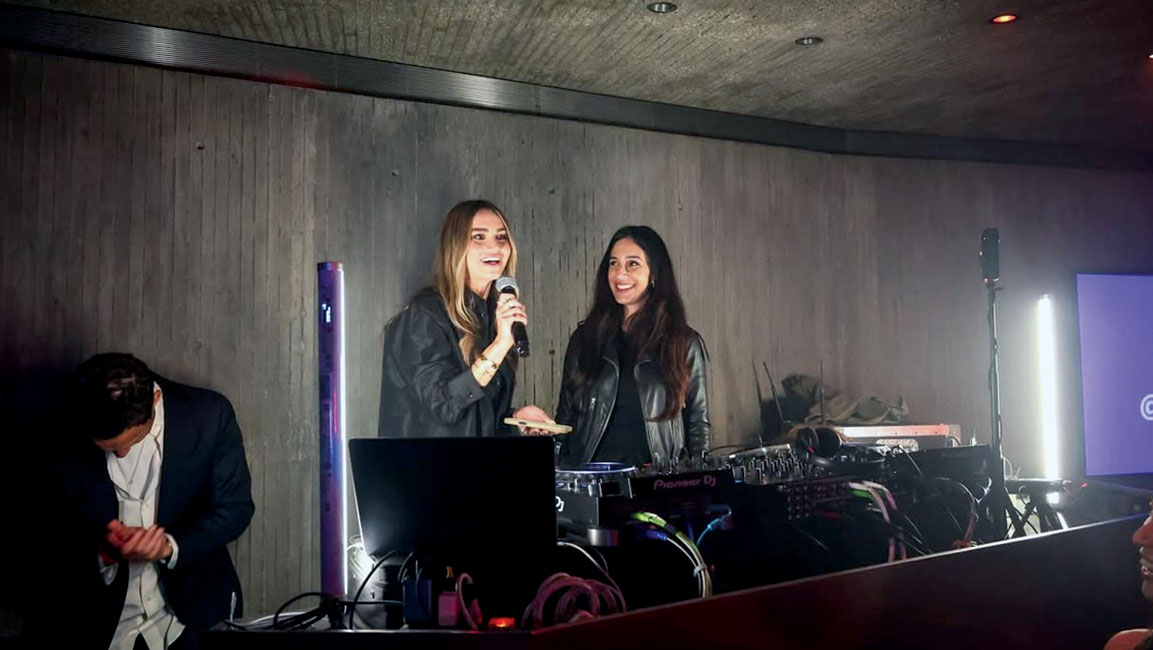


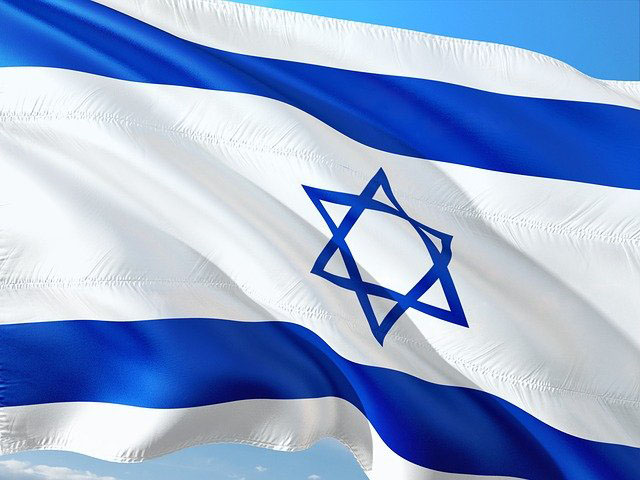
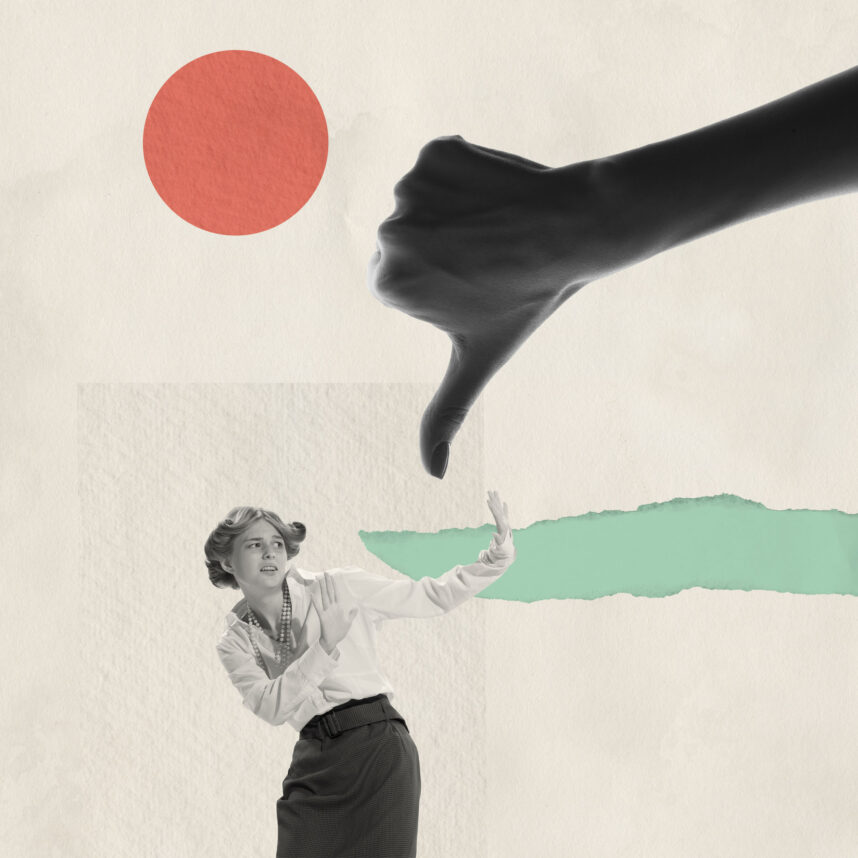
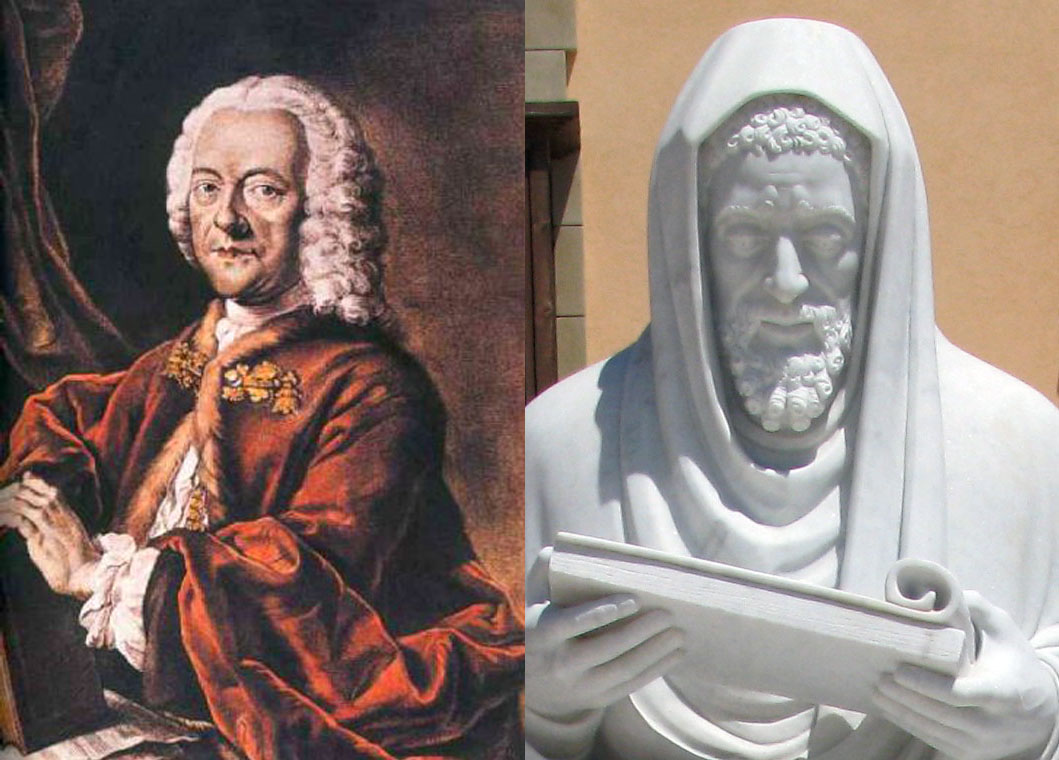
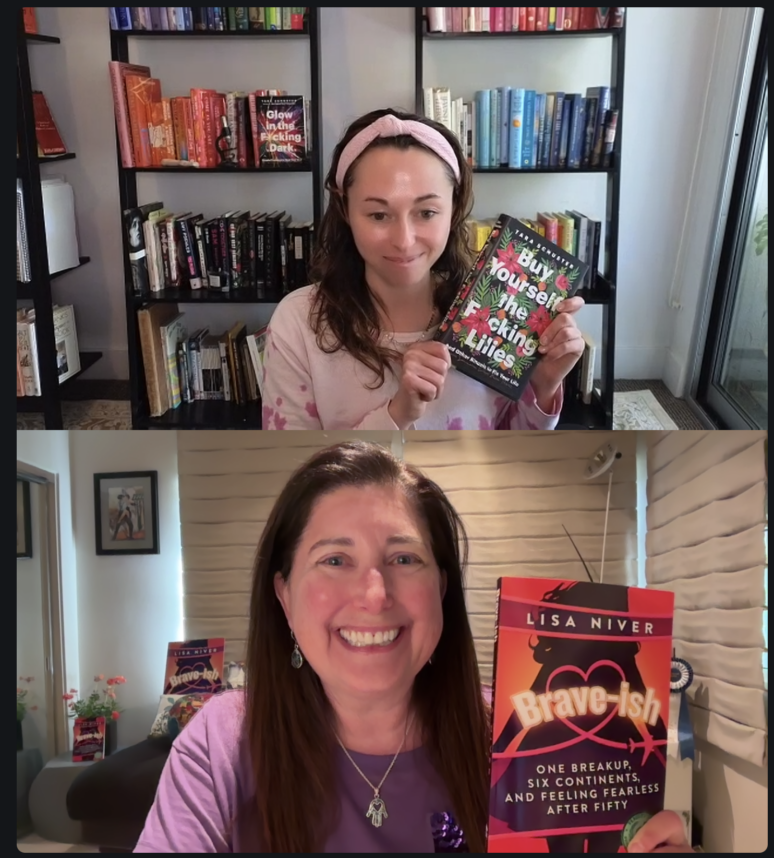
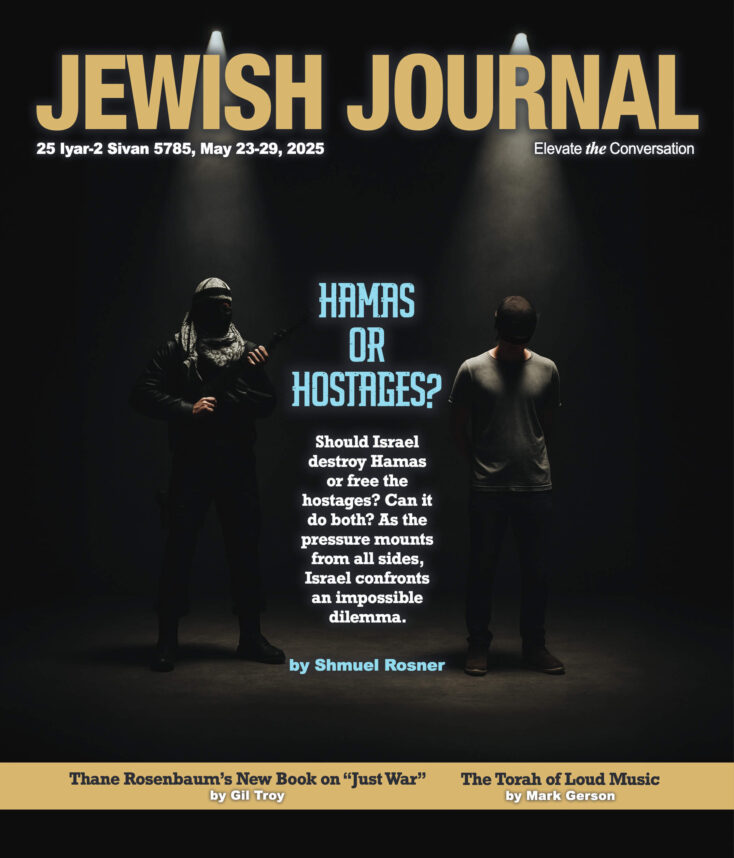
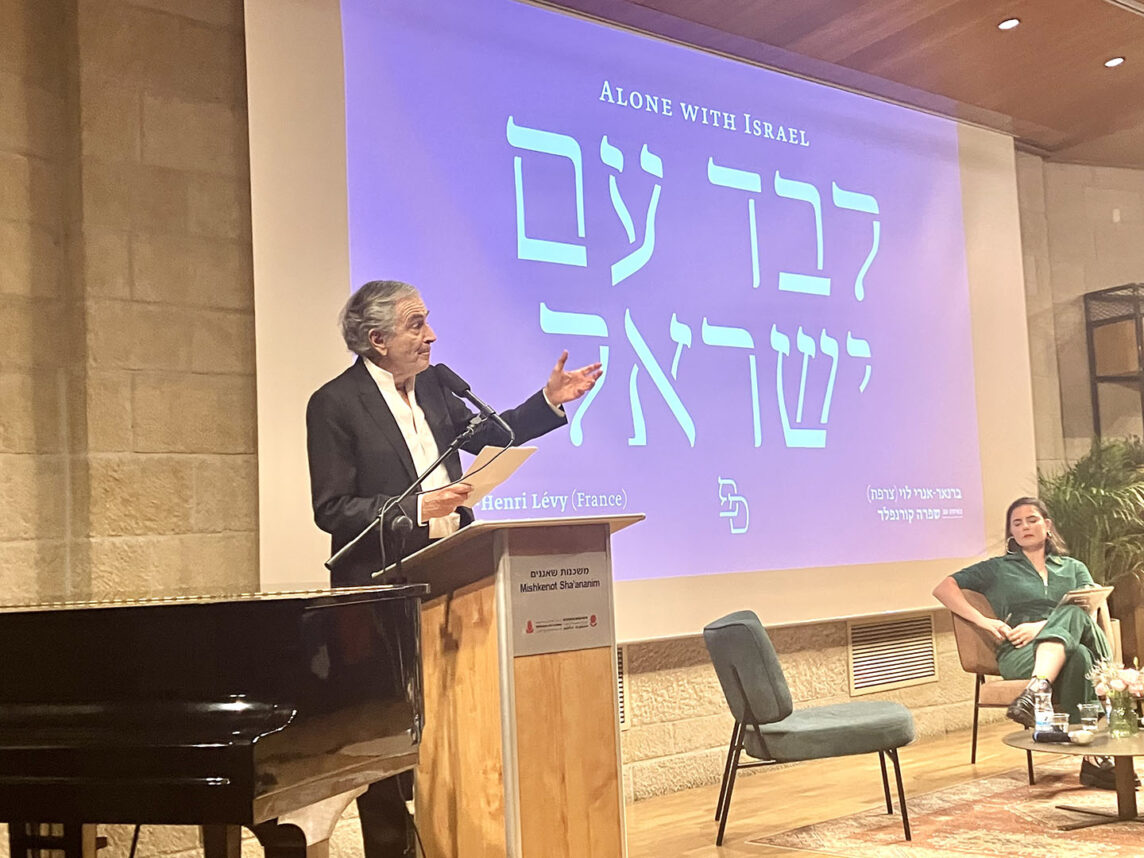
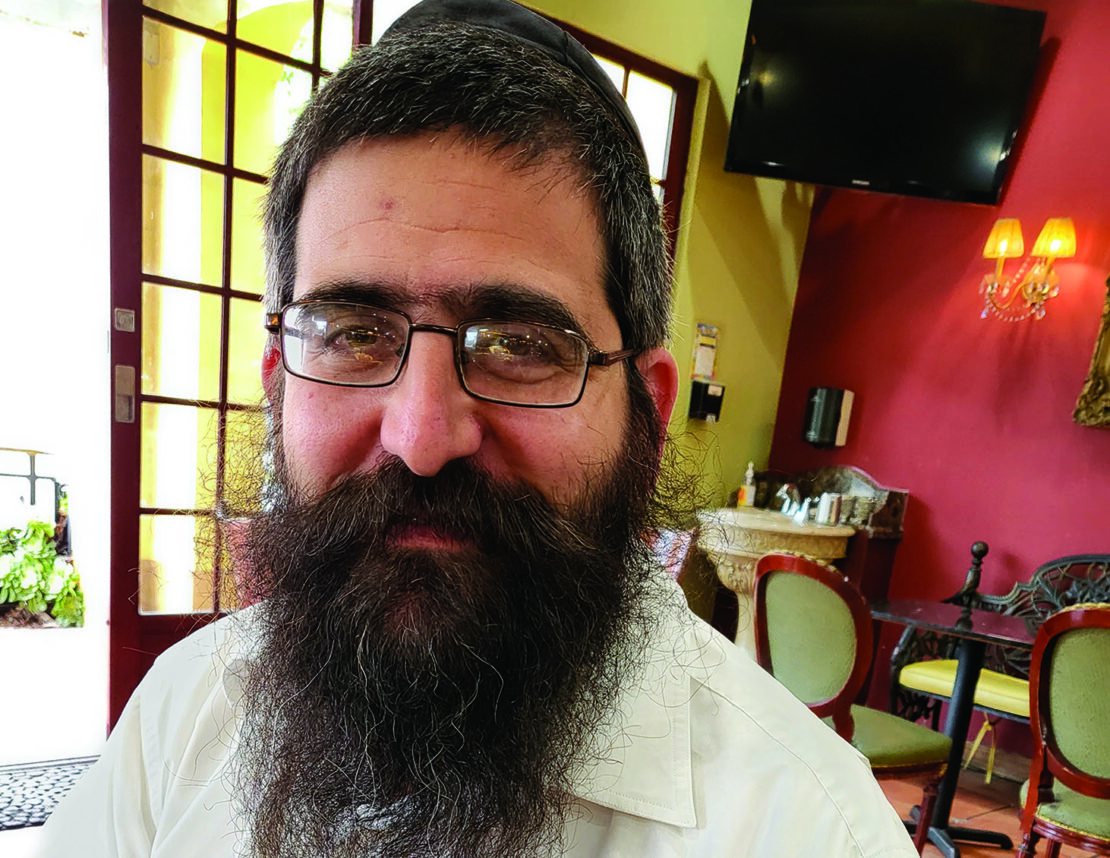
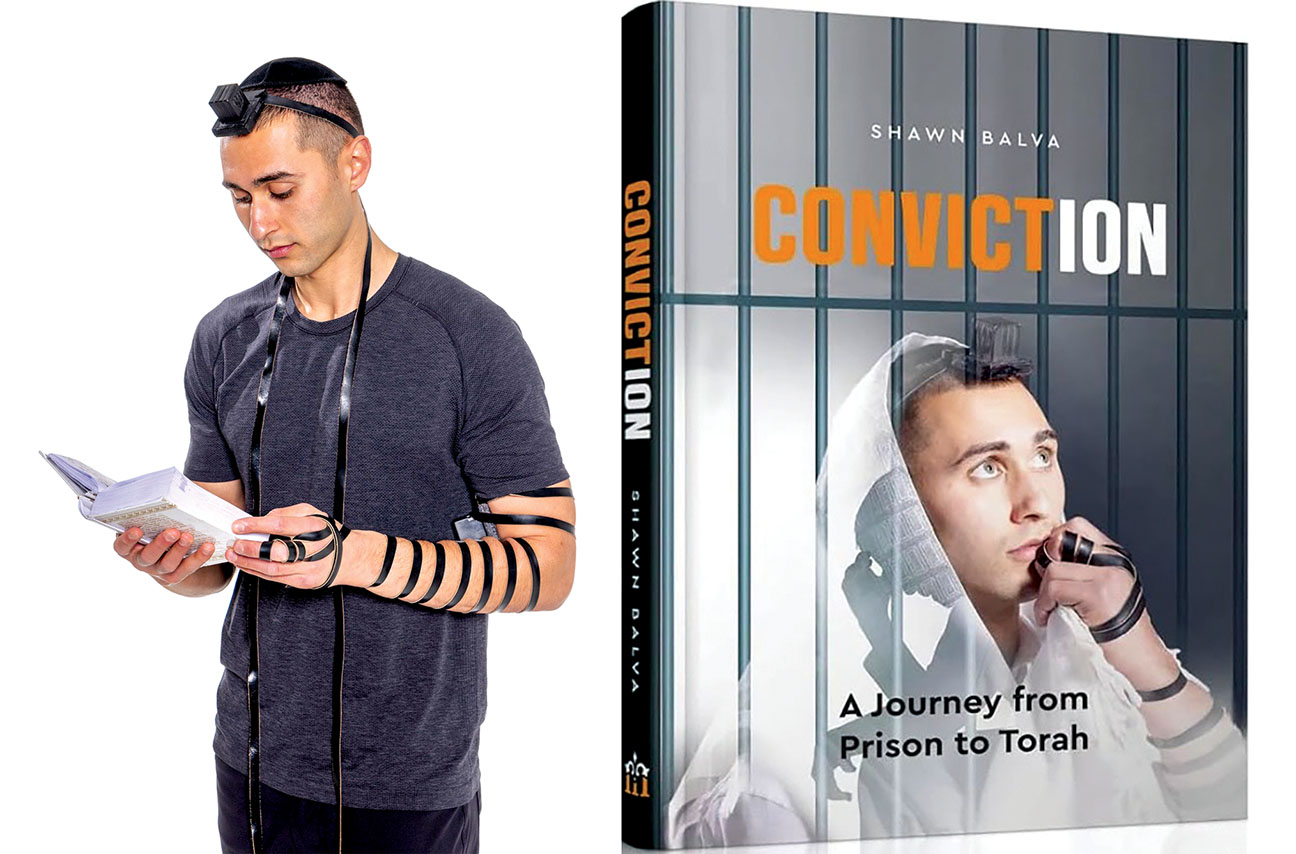



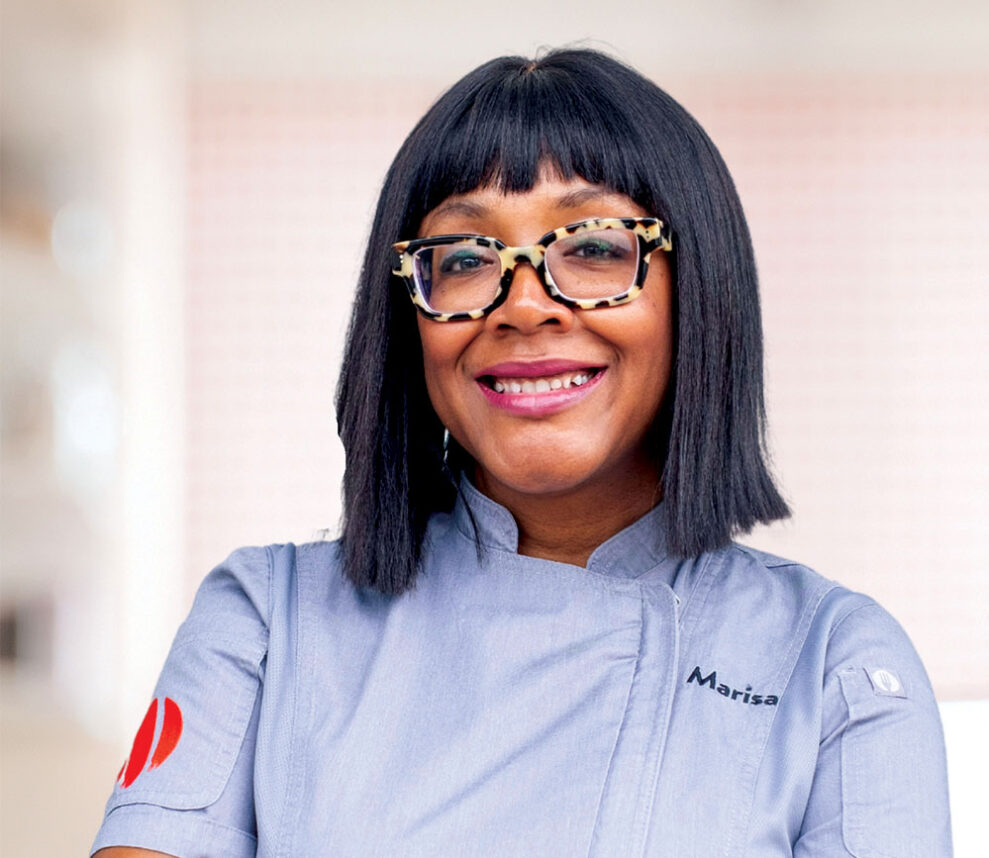

 More news and opinions than at a Shabbat dinner, right in your inbox.
More news and opinions than at a Shabbat dinner, right in your inbox.